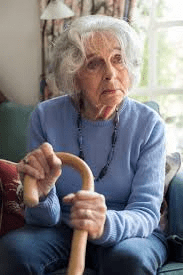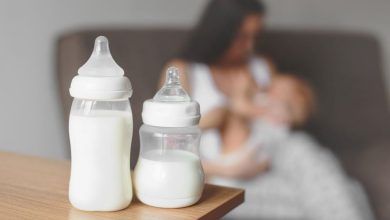
The importance of staff training in preventing falls in the elderly
As our mobility starts to decrease in old age, the chances of slips, trips and falls dramatically increases. It is important that all staff working in the care industry – whether for a nursing home or a Live in Care Taunton company have the appropriate training to be able to help mitigate the chances of this occurring. It can be hard for an elderly individual to recover from a fall, not only physically but also mentally. Confidence levels take a hit when a person no longer feels safe and secure on their own feet. This is where a carer can help to build up their confidence slowly and help to prevent further issues that can occur as a result of isolation due to limited mobility.

There are a number of things that can be done to help reduce the occurrences of falls and these include, but are not isolated to:
- Ensure the rooms are well lit and any trip hazards are removed and items are regularly cleaned away.
- Use non slip matting and carpet grippers to hold rugs and carpets in place and smooth out any lumps and bumps in the carpets to prevent them from becoming a trip hazard and quickly clear away and spills on the hard flooring surfaces.
- Bed guards can be useful not only to help an individual who may be susceptible from falling out of bed, but also as a way to help them sit and stand up in the mornings. Hand rails can also be placed around the property in appropriate areas to help with mobility through their home.
- Non slip, comfortable shoes should be worn in the home rather than slippers to give the individual added grip beneath their feet whilst walking around.

Staff training for carers is also important in helping them to identify instances when falls may be more likely. For example, in the cases of those individuals who are susceptible to heart palpitations, dizzy spells or fluctuating blood pressure levels. It is also important to train staff in dementia diseases as this can lead to mobility issues and disorientation and confusion which can increase the risk of falls. This specialist training can be invaluable when looking at ways in which the instances of trips and falls can be minimised for individuals who are receiving care, whether this is in their own home or in a care setting.




